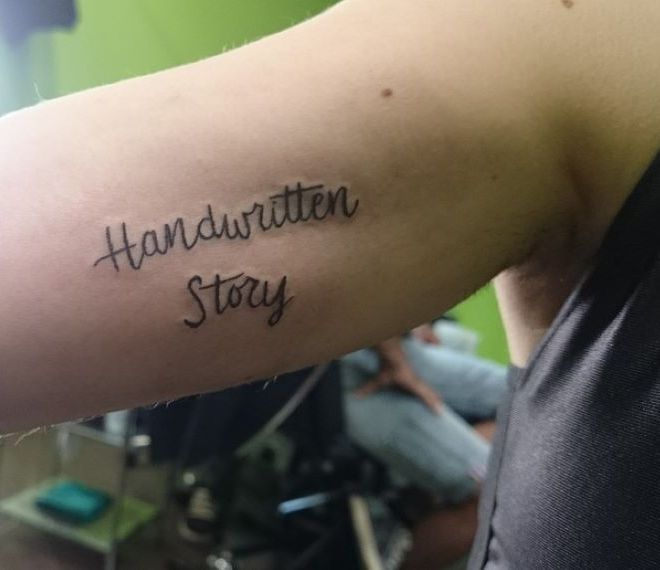What gets under our skin?

Where Does the Ink Go?
During tattooing, pigments are introduced into the upper and middle layers of the skin. As foreign substances, the ink pigments and their components trigger an inflammatory response, which may also be influenced by their toxic or irritating properties. In 20% of cases, this can lead to itching, swelling, or hair loss. While most tattoo artists can manage these reactions, prolonged symptoms may result in inflammation, allergic reactions, or even tumors.
Why Is Hygiene Important?
Tattooing must be done in a clean environment to minimize the risk of infections. Although sterilization techniques have reduced infection rates, skin infections caused by Streptococcus or Staphylococcus bacteria may still occur, potentially leading to skin inflammation, necrosis, or even sepsis. If pigment leaks into the upper skin layers, it may cause skin overgrowth, and inadequate sterilization may result in infections such as hepatitis B, hepatitis C, HPV, mycobacterium, or HIV.
What Goes Into the Skin?
Most permanent inks contain metals that settle in the deeper layers of the skin. A few days or weeks after tattooing, allergic eczema (contact dermatitis) may appear on the tattooed area. In some cases, months or years later, granulomatous inflammation may develop, causing small nodules along the tattoo. Certain metals, such as red and yellow cadmium, can cause severe photosensitivity in sun-exposed areas, leading to swelling, redness, and oozing skin. Additionally, other components in the ink, such as preservatives like thiomersal, formaldehyde, and propylene glycol, can also cause allergic reactions.
When Should You Avoid Tattoos?
Certain conditions exclude individuals from getting a tattoo. These include diabetes, epilepsy, bleeding disorders, organ transplants, pregnancy, skin cancer, or a family history of skin cancer. Tattoos should not be placed over moles, but they can be done on well-healed, reaction-free scars. It’s important to know that tattoos affect sweat glands, reducing secretion by about 50%. While this is negligible for small tattoos, large tattoos may impair heat regulation.
Tattoo Removal
Small tattoos can be removed surgically, though this leaves scars. For larger tattoos, laser removal is recommended. The laser emits light at a specific wavelength that passes through light skin but is absorbed by the dark pigments, breaking them apart. The darker the tattoo ink, the more effectively it absorbs the laser light. As the pigments are shattered by the laser, smaller fragments are transported to lymphatic nodes and deposited there, with only a small fraction eliminated from the body.
Tattoo inks also contain nanoparticles, which can enter the bloodstream and reach the brain, potentially causing nerve damage. These particles are now believed to pose risks such as tumors, reduced fertility, and fetal abnormalities following tattoo removal, making the procedure particularly inadvisable for women planning or expecting a child.
Thus, it’s essential to carefully consider getting a tattoo—not just because it is permanent or long-lasting, but also because both the tattooing process and its removal can impact your health.
If you require surgical assistance regarding your tattoo, book an appointment via our customer service line at +36 1 790 7070 or online!
